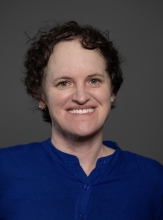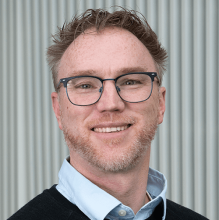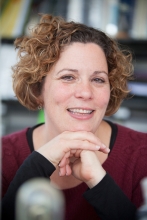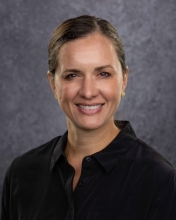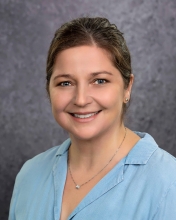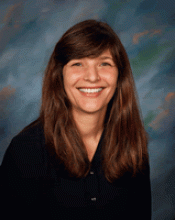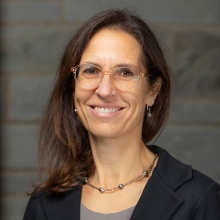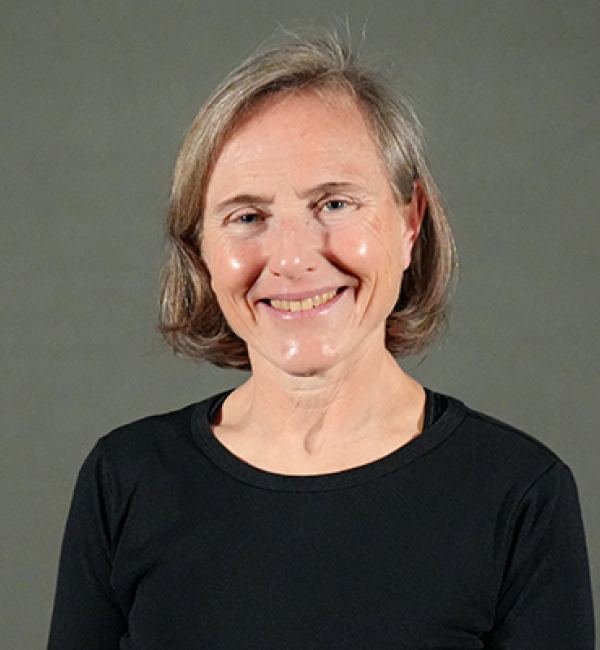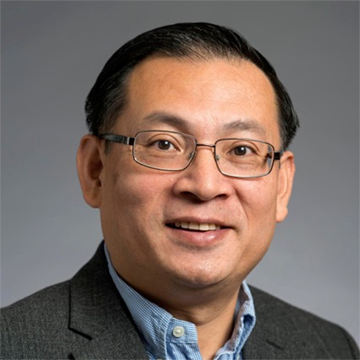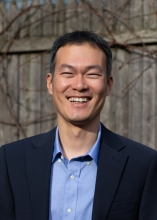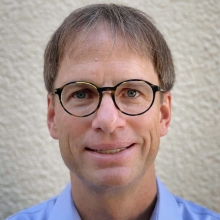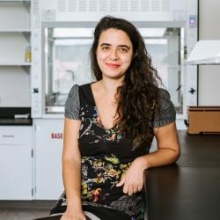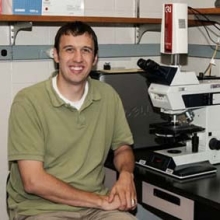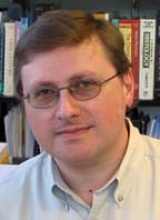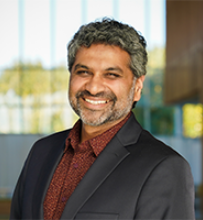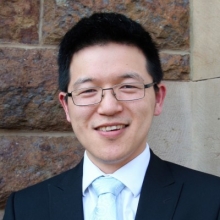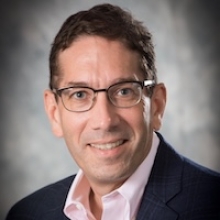In addition to the BBS faculty that research stem cell biology listed below, Cornell has a Stem Cell Program. The Cornell Stem Cell Program was founded on the unique strengths of the Cornell research community with its unparalleled cross-disciplinary collaborations and strong basic and comparative biomedical science programs. The CSCP incorporates over 50 laboratories across Cornell University Ithaca campus, closely interacts with the Center for Vertebrate Genomics, and is supported, in part, by the NYSTEM program of the New York State Department of Health.
| Faculty Name and Picture | Research Area(s) |
|---|---|
| Stem cell biology in planarian flatworms; organ regeneration; transcriptional and cell biological responses to tissue injuries; animal behavior - lab | |
| Host/microbe relationships and control of intestinal stem cell behavior in homeostasis and disease - lab | |
| Mechanobiology of development; developmental signaling reactivation in adult cardiovascular diseases; tissue engineering and regeneration - lab | |
| Etiology of spontaneous birth defects in mammals; mechanisms of meiotic recombination; DNA repair proteins in meiosis and recombination; germ cell development; ovarian development - lab | |
| therapeutic interventions for musculoskeletal disease including osteoarthritis, fracture repair and tendon/ligament disease | |
| Investigating mitochondria as a link between cartilage trauma and osteoarthritis to understand how joint injury leads to arthritis in horses and humans | |
| Epithelial-Mesenchymal Transition as a driver of resistance to anti-tumor immunity - lab | |
| Cellular and molecular mechanisms involved in B-cell response; neonatal immunology and response to vaccination; immunomodulation using biologic response modifiers; cancer immunotherapy; characterization of primary and secondary immunodeficiencies - lab | |
| Tissue-engineered model systems for analysis of microenvironmental conditions fundamental to cancer pathogenesis and therapy - lab | |
| Developing equine mammary and gastric organoid cell culture models to study cancer resistance and infectious disease in vitro |
| design and development of functional zwitterionic materials for biomedical and engineering applications |
| Gene silencing in germ cells. - chromatin structure and transcriptional fidelity in spermatogenesis. | |
| Cellular biomechanics; mechanotransduction; cell migration; muscular dystrophy and cancer cell biology - lab | |
 | Molecular genetics of aging; signaling pathways of nutrient sensing; molecular basis of stress response - lab |
| gene-regulatory mechanisms that generate diversity during brain development; probe function of human genetic variants linked to autism - lab | |
| Anatomic pathology; small and large animal neuropathology; CNS tumorigenesis; disease diagnostics; stem cell pathology - lab | |
| Stem cells and cancer; pathogenesis of ovarian and prostate cancers; modeling of human disease in genetically modified mice and human organoids - lab | |
| Functional genomics; gene regulation; molecular genetics; gastrointestinal physiology; stem cell biology; metabolic disease - lab | |
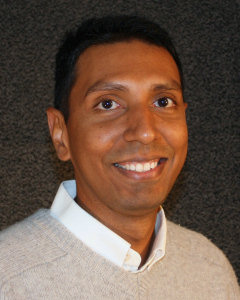 | Pluripotency and stem cells; regenerative medicine; animal biotechnology; technologies for wildlife conservation - lab |
| Comparative biology of male germ cells; signaling and metabolism of sperm during capacitation; organization of lipid raft membrane sub-domains in sperm; applications of technologies using reproductive stem cells for wildlife conservation - lab | |
| Basic cellular and molecular mechanisms implicated in cell fate choice and stem cell activity within tissues - lab | |
| We use molecular biology, genetics and animal models to dissect how our metabolism gives rise to chemicals that damage our DNA- Wang Lab | |
| Molecular mechanisms for the maintenance of genomic stability; cellular responses to DNA damage; mouse models of human cancer - lab | |
| Cancer biology; stem cell biology; biochemistry and cell biology - lab |



